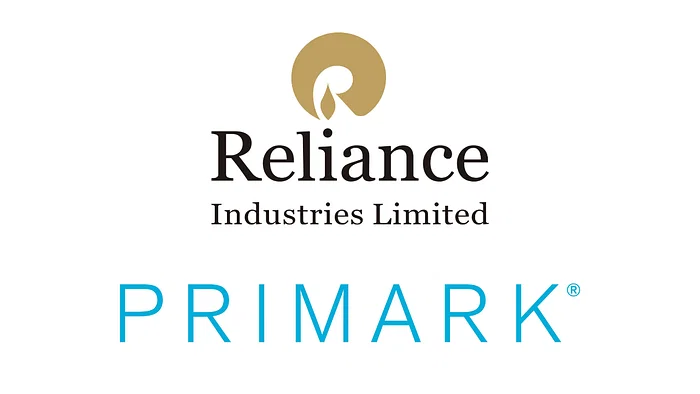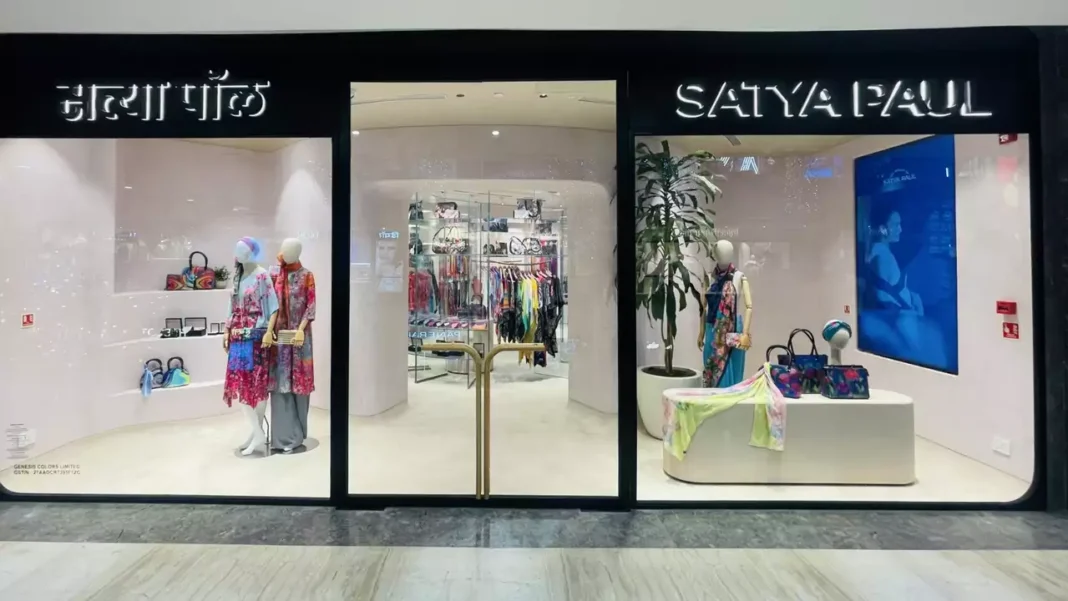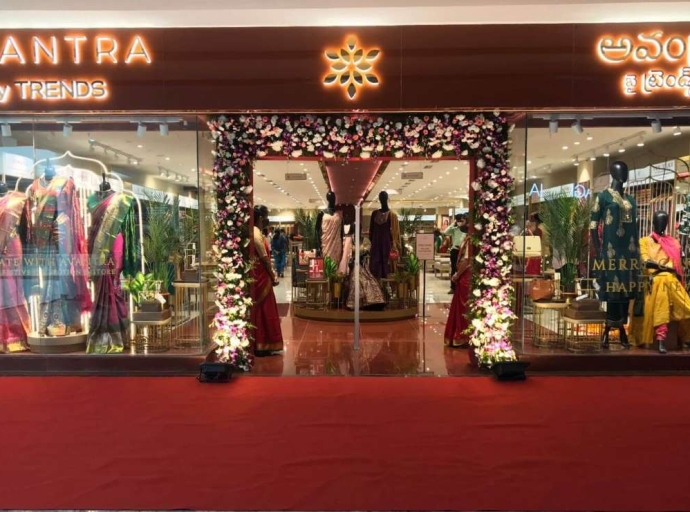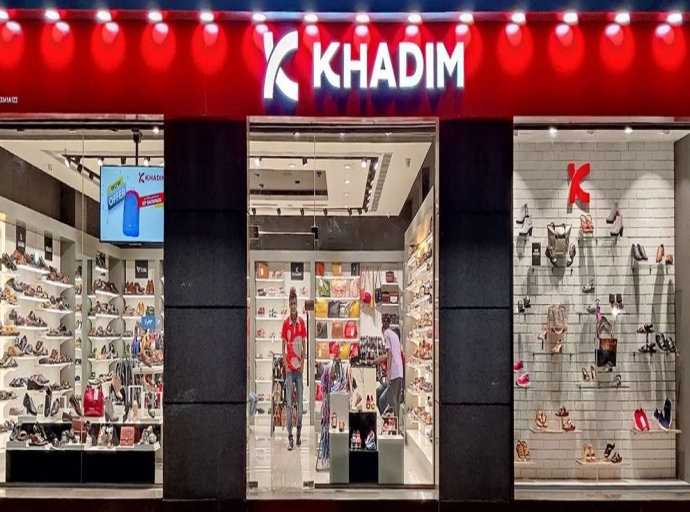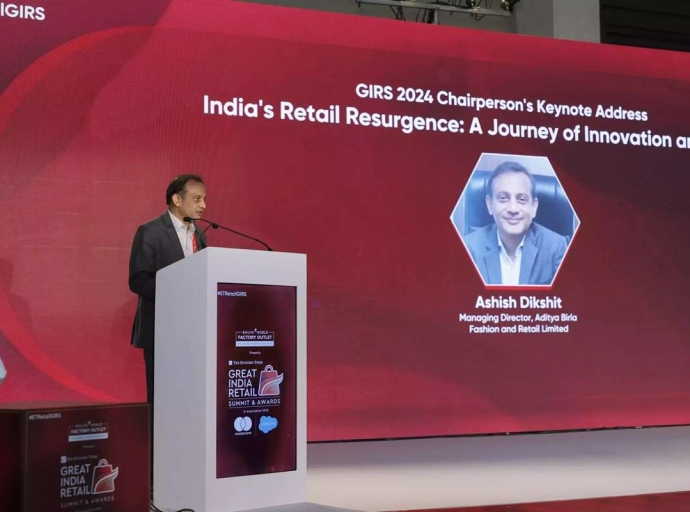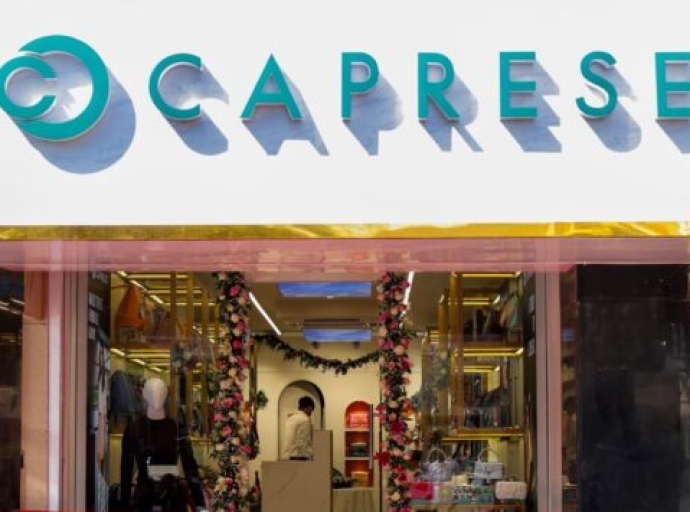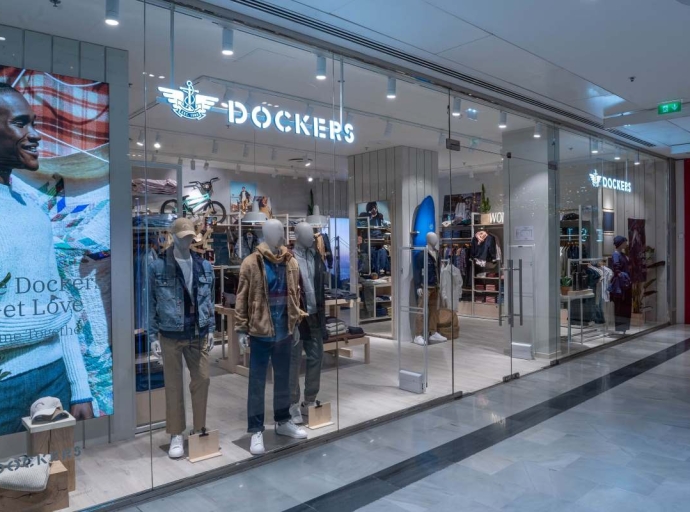A prominent value retail brand in India, V2 Retail, is set to embark on an ambitious expansion plan, aiming to open 20-25 company-owned and operated (COCO) stores within the next four months. As explained by Akash Agarwal, Director, this strategic move is designed to capitalise on economies of scale while reinforcing the brand's presence in key markets and bolstering operational efficiency.
To facilitate this expansion, the company has allocated Rs 30 crore for store expansion and an additional Rs 30 crore for inventory. Despite the aggressive offline growth strategy, profitability remains a core focus for V2 Retail, with a target of achieving an EBITDA of Rs 100 crore in the upcoming fiscal year.
In its third-quarter report for December 2023, the company disclosed a robust performance, with EBITDA reaching Rs 60.9 crore, marking a significant Y-o-Y growth of 60 per cent. Consolidated revenue surged by 56 per cent to Rs 373.8 crore, though gross margins experienced a slight decline to 31.4 per cent compared to the previous year.
V2 Retail is strategically positioning itself to cater to the neo-middle-class segment in Tier II and Tier III cities, leveraging a cluster-based approach for expansion, particularly in northern and eastern India. The firm plans to embrace an omnichannel strategy to reach a wider consumer base and enhance operational efficiency through warehouse automation.
In line with its growth trajectory, V2 Retail aims to transition towards complete in-house product design, with Agarwal highlighting a current focus on expanding the assortment of value-driven offerings while reducing average selling prices. The company also eyes a shift towards becoming a 100 per cent private label brand, aiming to increase manufacturing capabilities across its three units in Noida and Muzaffarpur.
Menswear presently dominates sales, with kidswear following closely behind, while women's wear is poised for increased traction in the future. Despite challenges associated with low average selling prices in the online realm, V2 Retail is strategically leveraging its online platform to achieve profitable growth while minimising cash burn.


